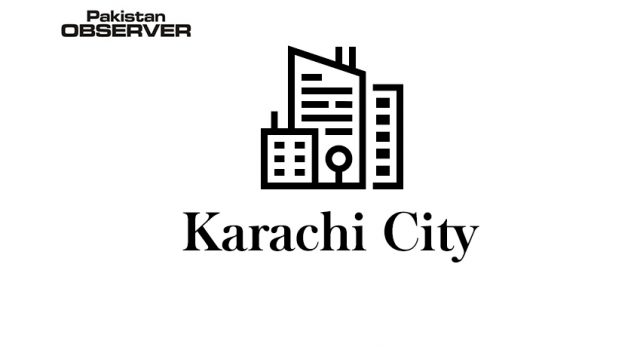TransKarachi and UrbanTech Pakistan have signed a memorandum of understanding (MoU) for promotion of gender equity in public transport through in-depth understanding of challenges faced by women in public transport and by exploring potential solutions for them.
MoU signing between the members of TransKarachi and Urraan; an initiative of the UrbanTech Pakistan project was held at Lahore University of Management Sciences (LUMS), said a press release issued here on Tuesday.
Wasif Ijlal, CEO TransKarachi, Gender Specialist Barrister Maham Durrani, Co-Principal Investigator of UrbanTech Pakistan Dr. Suleman Shahid, and Urban Policy Consultant at LUMS Sana Riaz were also present on the occasion.
TransKarachi is a public sector company established and owned by the Government of Sindh to carry out the project implementation of the $504 million Karachi Bus Rapid Transit (BRT) Red Line.
As per MoU, TransKarachi and LUMS would take initiatives for gender equity in public transport by collaborating on technological interventions, trainings, lectures, seminars, other capacity building programs and awareness campaigns focused on smooth urban mobility and gender mainstreaming.
The two parties would also conduct research by executing joint surveys, focus group discussions and interviews to address and prevent sexual harassment and gender-based violence and gauge the effectiveness of legal remedies and redressal mechanisms.
Speaking at the occasion, Maham Durran hoped that that the insights and data collected would play an instrumental role in addressing gender concerns regarding public transport, specifically in the areas of accessibility, safety, security, affordability, and convenience as per targets identified by the Gender Action Plan (GAP) of ADB.
Principal Investigator UrbanTech Pakistan Dr. Momin Uppal said that the collaboration would be essential in improving the experience of females on their journey via public transport in Pakistan.
The $504 million Karachi Bus Rapid Transit (BRT) Red Line project is sponsored by the Government of Sindh, with financial assistance from the Asian Development Bank (ADB) and co-financiers, including the Asian Infrastructure Investment Bank (AIIB), the French Agency for Development (AFD), and the Green Climate Fund (GCF).










